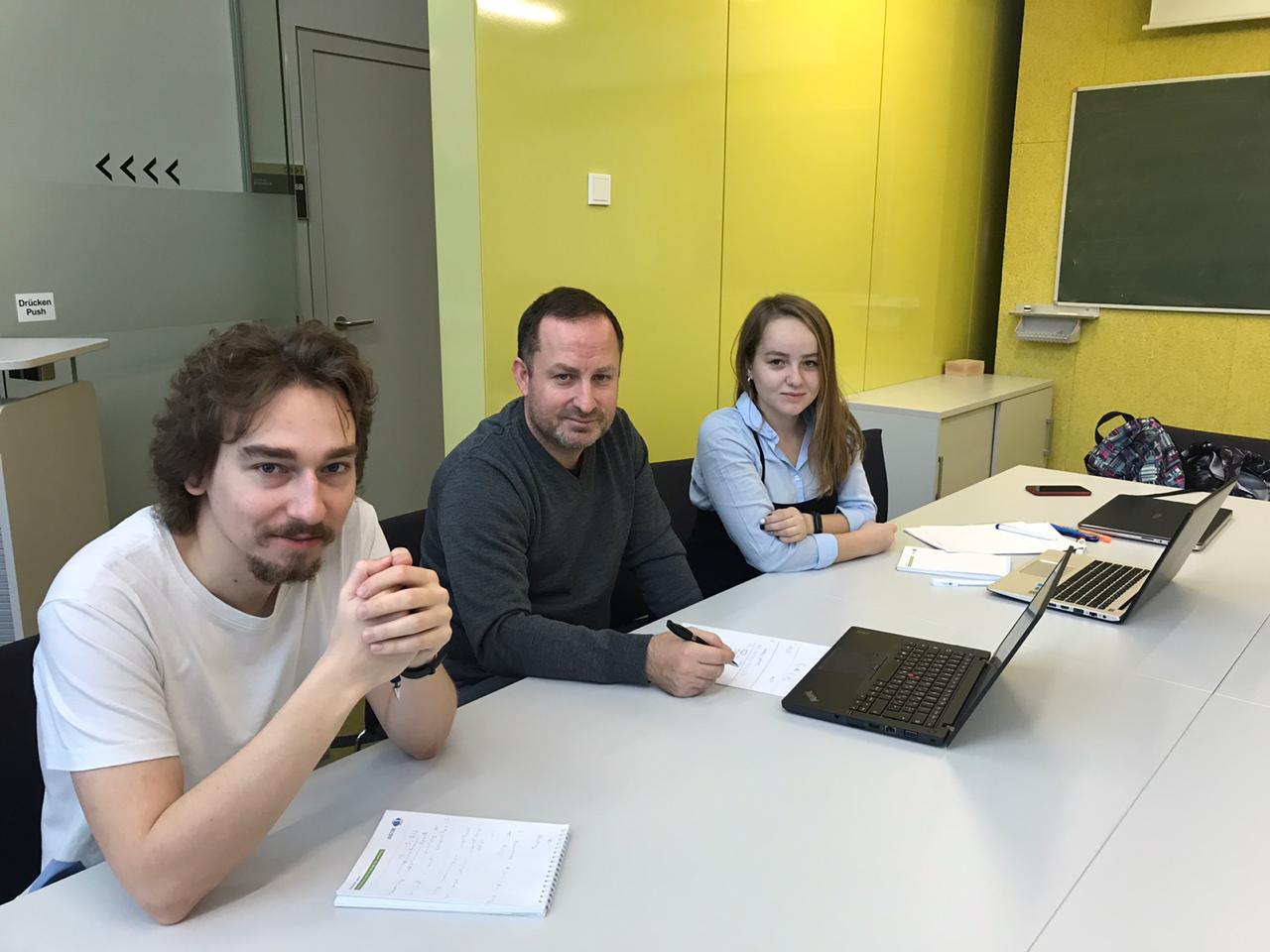RUDN mathematicians students analyze 5G technologies algorithms at an internship in Austria
Scientific work with RUDN mathematicians was led by Professor Dmitry Efrosinin from Johannes Kepler University. The main area of research is fifth-generation 5G network technology. In particular, the objects were Enhanced Mobile Broadband and Ultra-Reliable Low-Latency Communication. For correct formulation of the problems, RUDN University and Johannes Kepler University scientists studied joint transfer of information using eMBB and URLLC technologies, analyzed the queuing system and its application within the framework of Licensed Shared Access, and also performed an algorithmic analysis of a two-class multiserver heterogeneous system queuing with controlled cross-connection.
The internship lasted a week, but the collaboration between the research teams of RUDN University and Johannes Kepler University will continue. The team of young mathematicians at RUDN University outlined promising topics for joint study.
Products derived from microalgae represent a cutting-edge development in the field of bioeconomy. The potential of this biological resource was discussed at the international research seminar “Foundations for a Green Sustainable Energy”, part of the BRICS Network University’s thematic group on “Energy”. The event was organized by the Institute of Ecology at RUDN University.
Ambassadors of Russian education and science met at a conference in RUDN University to discuss how they can increase the visibility of Russian universities and research organizations in the world, and attract more international students in Russia.
The international scientific seminar hosted by RUDN Institute of Ecology “Experience of participation in student organizations as a way to form career skills” united scholarship recipients of the International Student Mobility Awards 2024 and Open Doors, along with members of the scientific student society “GreenLab” and the professional student association “Kostyor (Bonfire)” shared their projects focused on environmental protection.
